1. to celebrate [verb] [vierde, gevierd] [‘vie-run’]
Examples:
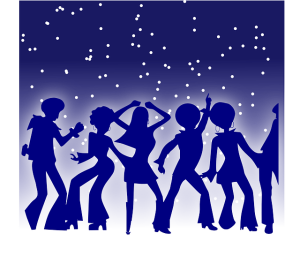 – “Sander viert vandaag zijn 32e verjaardag. Hiep hiep hoera!!!
– “Sander viert vandaag zijn 32e verjaardag. Hiep hiep hoera!!!
(“Sander celebrates his 32nd birthday today. Hip, hip, hurray!!!”)
– “Wat?! Is Sander vandaag jarig??? Dat moet gevierd worden!”
(“What?! Is it Sander’s birthday today??? That calls for a celebration!” Lit.: “…That must be celebrated!”)
– “Iedere zondag om tien uur en om half twaalf wordt in de Sint Servaas Basiliek de heilige mis gevierd.”
(“Holy Mass is celebrated in the Basilica of Saint Servatius every Sunday at ten o’clock and at half past eleven.”)
Related words:
– “Feest“: party.
– “Jarig“: No literal translation. “Jarig” is the adjective that indicates the state of one having one’s birthday.
2. four [numeral] [‘vie-run’]
Examples:
– “Hoe laat hebben jullie afgesproken? – Rond vieren.”
(“What time have you agreed to meet? – Around four.”)
– “Met hoeveel personen zijn jullie? – Met z’n vieren.”
(“How many people are you? – Four.”)
3. fours [<plural> noun] [de vier, de vieren] [‘vie-run’]
Example:
– “Dat is juist, mijn telefoonnummer eindigt op twee vieren.”
(“That is correct, my phone number ends in two fours.”)
4. to pay out, to veer out, to ease, to slacken [verb] [vierde, gevierd] [‘vie-run’]
Example:
– “Mannen, er is een storm op komst, we moeten het zeil vieren!”
(“Men, there’s a storm coming, we must ease the sail!”)

 “Afzakkertje” generally stands for one last drink. Translation depends on context, see 1. and 2.
“Afzakkertje” generally stands for one last drink. Translation depends on context, see 1. and 2.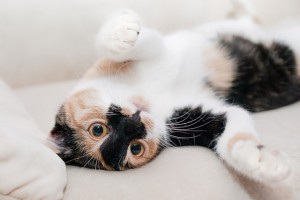 Instead of “ontspannen” the Dutch often use “relaxed” and “cool” too. Mind that the English words – when used in Dutch – are declined according to the Dutch rules, see the last example.
Instead of “ontspannen” the Dutch often use “relaxed” and “cool” too. Mind that the English words – when used in Dutch – are declined according to the Dutch rules, see the last example.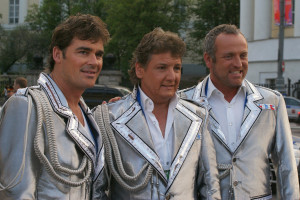
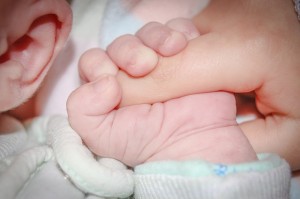 Mind that the ‘ng’ is pronounced as in ‘ring’. There are many expressions with “vinger”, we have listed only a few below.
Mind that the ‘ng’ is pronounced as in ‘ring’. There are many expressions with “vinger”, we have listed only a few below.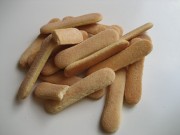 – “Duim”: thumb.
– “Duim”: thumb.